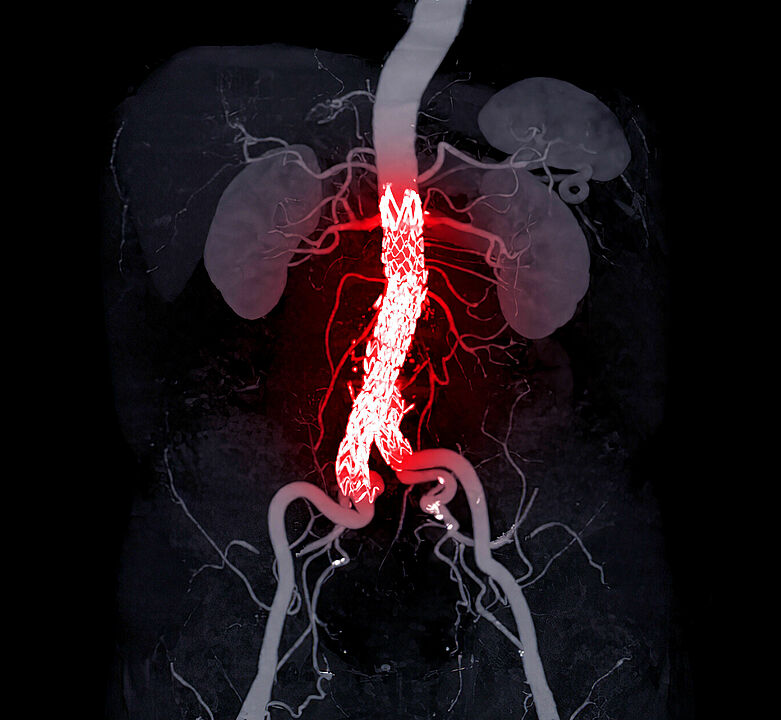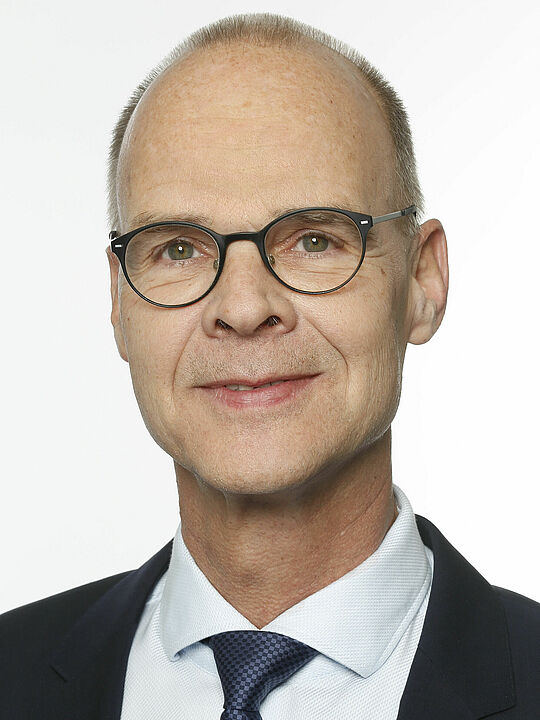"We are very pleased that we were able to convince the DFG with the research results of the last funding period and that our research will now be funded so extensively for another four years," Nickenig comments on the DFG's decision.
The research network, which is coordinated from Bonn, brings together around 200 basic and clinical researchers at the three sites in Bonn, Cologne and Düsseldorf. They are all striving to close the existing knowledge gap in the field of aortic diseases and discover the causes of aortic diseases in order to be able to treat them better in the future. A particular focus lies on aortic valve stenosis (narrowed heart valve), aortic aneurysm (bulge in the aorta) and aortic dissection (life-threatening rupture of the aorta).
The first funding period was used by scientists at the three sites primarily to better understand the molecular and cellular mechanisms involved in aortic diseases through basic research. "Now we would like to use the next funding period, and hopefully the one after that, to develop medicinal, interventional and surgical strategies to establish new preventive and therapeutic approaches," says Nickenig, outlining the further roadmap of the research initiative.
The participating institutes and clinics of the Medical Faculty of Heinrich Heine University Düsseldorf and the University Hospital Düsseldorf in TRR 259 are the Clinic for Cardiology, Pneumology and Angiology, the Clinic for Cardiac Surgery, the Clinic for Vascular and Endovascular Surgery, the Institute for Molecular Cardiology, the Institute for Molecular Medicine III and the Institute for Translational Pharmacology. These institutions are also organised in the CARID - Cardiovascular Research Institute Duesseldorf - which, together with other members, forms a research platform to promote, strengthen and network cardiovascular research at the University Medical Center Düsseldorf.
In addition to signalling molecules of lipid metabolism, the extracellular matrix and inflammatory signalling molecules, the Düsseldorf scientists are investigating the influence of altered parameters of blood flow and physical stress on the development of aortic diseases, in particular aortic valve stenosis and aneurysms of the aorta, using innovative magnetic resonance-supported image analyses. Using a method developed by Prof. Dr. Ulrich Flögel and his team at the Institute of Molecular Cardiology, it allows the detection of specific risk patterns for the development of aortic disease to be visualised across species in mice, pigs and humans. "This may lead to new diagnostic and therapeutic approaches for aortic diseases in the coming years," says the site spokesperson for the Düsseldorf scientists, Prof Dr Malte Kelm.
The Dean of the Medical Faculty of Heinrich Heine University Düsseldorf, Prof. Dr Nikolaj Klöcker, emphasises the importance of this major collaborative project for Düsseldorf University Medicine: "The renewed extensive funding by the German Research Foundation impressively demonstrates the quality of cardiovascular research at our location. It has already been a focus for a long time and will be significantly strengthened by the Transregional SFB. In addition, the outstandingly complementary collaboration of researchers from three such important locations in NRW offers ideal conditions for closing knowledge gaps in the field of clinically relevant aortic diseases."



